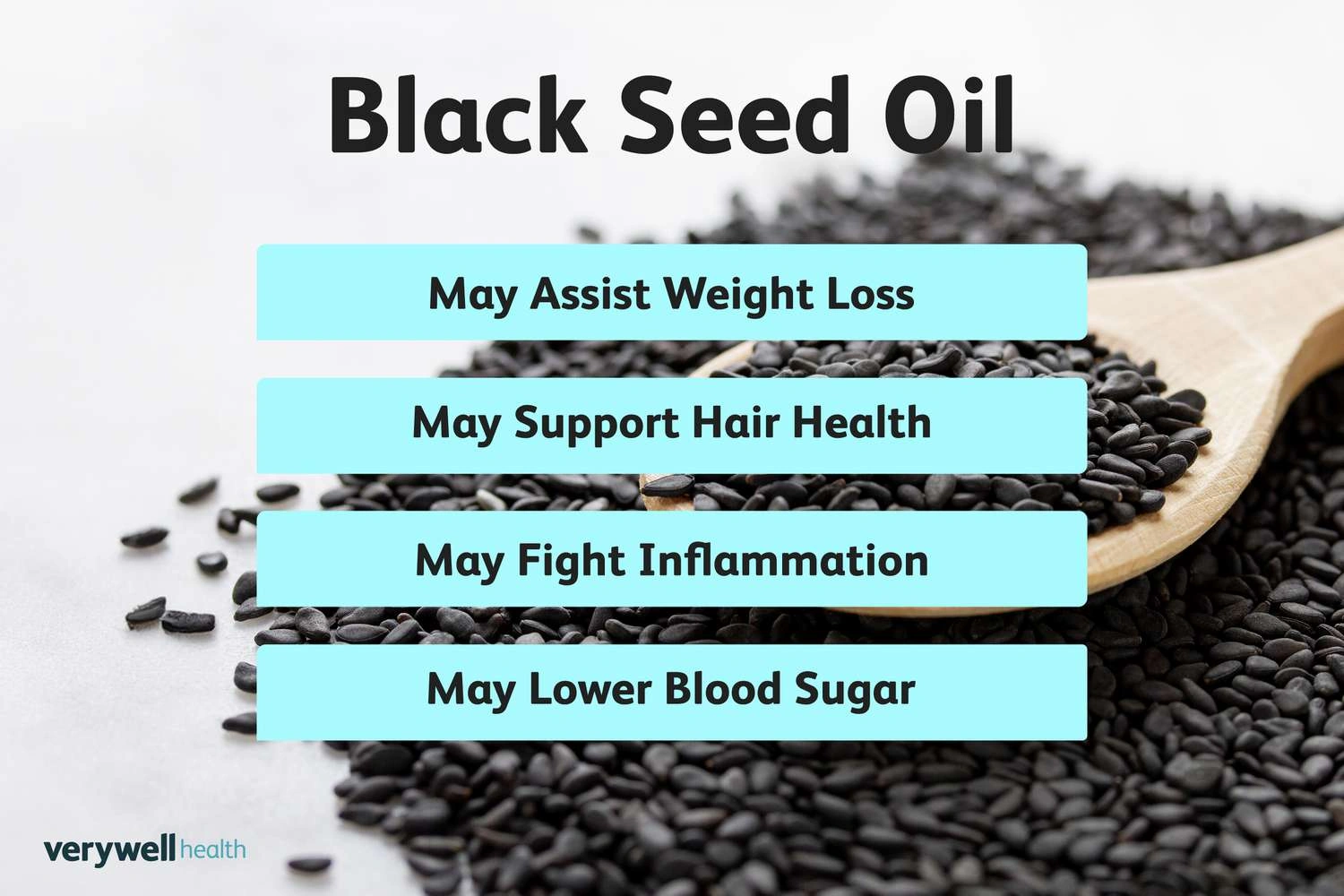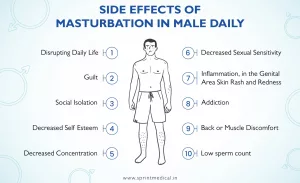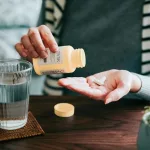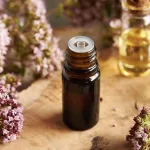:max_bytes(150000):strip_icc()/GettyImages-1085825486-db076bc9328f411eb4d5f66816e7929f.jpg)
Why All The Hype?
Okay, real talk… Is it just me, or has black seed oil popped up everywhere lately? Every health podcast, every chatty wellness friend, even that aunt who collects home remedies… suddenly, everyone’s swearing by it. They’re not wrong—this stuff’s ancient. But while most people rave about its magic, not many chat honestly about black seed oil side effects kidney-wise. That’s kinda wild when you think about how much our kidneys do for us… behind the scenes, never asking for applause.
Let me share a quick confession: I was totally one of those eager beavers. “If it’s natural, what could go wrong?” (Cue ominous music.) Turns out, even the ‘miracle’ things need a closer look—especially if you want to stay off surprise detours to the doctor’s office.
So… Why Do People Love It?
Black seed oil, made from Nigella sativa, has this vibe of being a cure-all. The list of benefits stretches—from easing joint aches to making your skin glow. Some folks even use Black Seed oil capsules because, let’s be honest, that taste can be… intense.
I remember my cousin raving about it helping her digestion after dinner. My gym buddy claimed it zapped his post-workout soreness. And you probably heard the rumor that black seed oil might help with kidney stones—yep, one 2019 study hinted it could actually shrink and flush them out (research on benefits), which is honestly pretty cool.
Benefit Overload: A Blessing or a Blind Spot?
I totally get the excitement. It’s tempting to imagine black seed oil as this ultimate upgrade for your health stack. But here’s where things get messy—sometimes we get so wowed by the upside, we gloss over the actual risks. Especially for our kidneys, which (like that reliable friend who always DD’s) quietly handle most of the dirty work.
But… Can It Mess With My Kidneys?
Look, if you’re breathing a sigh of relief: “Phew, natural means safe!” let’s pause for a second. The truth is, black seed oil side effects kidney issues are rare—but they can get serious, and they sneak up when you least expect it. Even the boldest warriors (and supplement fans) need to know when to wave that caution flag.
Case in point: there’s a documented incident (not to be dramatic, but hospital admission kind of serious) where someone developed severe kidney injury after pushing their dose way too high for a short time (published case study). Rhabdomyolysis—basically, muscle fibers break down, and the kidney gets overwhelmed—was involved. Yikes.
What’s the Risk Sweet Spot?
Most folks are fine with small doses. But shoot for the moon, and that’s when nasty things can crop up—like nausea, persistent bloating, or, in very rare cases, kidney function taking a nosedive. (Yeah, not the “detox” you’re hoping for.) If you already have kidney issues, or take meds that are hard on your kidneys—definitely check with your doc first. No shame in that game.
Story Time: When Caution Saved The Day
A friend of mine (let’s call her Sam) started with a tiny dose to help her joints. She loved it… until week three, when she noticed she was peeing less and her feet felt swollen. Instead of shrugging it off, she actually reached out—to her doctor, and to Google. Turns out, she was flirting with trouble early. She cut back, rehydrated, and, well, let’s just say she dodged a bullet. Moral? Your body whispers before it screams.
What If You Take Too Much?
Here’s where confusion hits: there isn’t one universal safe dose. Lots of sources suggest 1–2 grams of black seed oil per day for up to 12 weeks seems safe for most adults (singlecare science). With capsules, stick to what the bottle says—or better yet, the advice of someone with “MD” after their name.
Go above 2 grams (yep, some folks tripled that), and you’re pizza ordering at 2am drunk—living dangerously, and definitely not thinking about tomorrow’s consequences. Those “I-can’t-go-to-the-bathroom” moments? Sometimes they’re not just “getting used to a supplement.” That’s why the news about Does black seed oil damage kidneys matters so much for anyone on the fence.
Symptoms: Listening To The Whispers
How do you know your kidneys might be thrown for a loop? Here’s a quick table, because who doesn’t love a good cheat-sheet?
| Warning Sign | What’s Happening? | Should You Panic? |
|---|---|---|
| Frequent nausea | Your body’s saying “slow down” | Check your dose and drink more water |
| Bloating, or GI drama | Digestive system’s protesting | Common, mild—monitor closely |
| Fatigue or swelling | Kidneys struggling to filter | Call your doctor please—seriously |
| Dark or weirdly foamy urine | Possible kidney filter issue | Stop black seed oil, seek help |
Gut Check: Do You Really Need Mega-Dosing?
Ever catch yourself thinking, “If a little is good, more must be better”? It’s basically the supplement junkie’s mantra… but with black seed oil, that’s flirting with disaster. If you’re in it for the long haul and just want an easy way to track your dose, Black Seed oil capsules make the job zero-stress. It’s easier to avoid “oops, I took a gulp instead of a spoonful!” moments—been there, not fun.
Who Should Rethink Black Seed Oil?
I know you want quick answers—but here’s the thing. Not every body is the same. If you’re pregnant, prepping for surgery, taking blood thinners or blood pressure meds, or have advanced kidney or liver disease, just hand this one off. Even if you’re eyeing black seed oil as some hack for hormones, skin, or sexual health… make your doc part of your little experiment.
Got diabetes? Extra reason to pause—or at least have a long coffee chat with your pharmacist. There’s one case out there where a person with type 2 diabetes actually landed in the hospital (acute kidney injury, no less) after using 2–2.5 grams daily for just six days (details on black seed oil side effects kidney). Fast doesn’t always mean safe.
Not All Risks Are Equal
There’s no universal “bad” with black seed oil—it’s kind of like spicy food. Some people thrive, others… regret that third chili. Most research suggests little-to-no problem at culinary doses (think, what you’d mix in salad dressing). But those bigger, turbo-charged “healing” doses? Still a wild card, especially over many months (clinical guidance here).
Irony alert: Some studies suggest black seed oil might actually protect kidneys in illness or inflammation, not hurt them. But that’s more about what happens in a lab than what your body does on a Tuesday. Most of us just want to avoid the ER, stay energetic, and keep things ticking along.
Trying Black Seed Oil? Here’s How To Play It Safe
Let’s get practical. Here’s the “friend-in-your-pocket” advice I wish I’d heard before splashing out on that big bottle:
- Start tiny. If you’re new, less truly is more.
- Give it a couple weeks before increasing—and always listen to your body’s signals.
- Capsules make dosing so much simpler. If you want to stress less, check out Black Seed oil capsules.
- If anything feels weird—tummy, urine, energy, swelling—take a break and see a doc. No shame.
- Never skip out on your routine prescriptions. Black seed oil is not a replacement for meds, ever.
Will you notice right away if your kidneys are unhappy?
Short answer: Not always. That’s why dosing matters so much, and why going off the rails for “faster results” only makes things trickier down the line. Take your time—wellness is a marathon, not a microwave dinner.
Mixing With Other Meds: Proceed With Caution
The real plot twist? The things that make black seed oil potentially powerful can also tangle with what’s already in your system. For those on anti-diabetic, anti-hypertensive, or blood-thinning meds, think of it as a new show in your already busy Netflix queue—some crossover drama is bound to happen.
This is one reason why browsing around topics like Does black seed oil damage kidneys before trying it could save you a future headache (or hospital trip). Don’t shy away from a quick check-in with your healthcare team—it’s their job, and they’ve definitely heard wilder questions.
Long-Term: Smart Or Overhyped?
If black seed oil fits your vibe, awesome—just stick to these basics: low dose, honest listening, and break up long stretches with a reset (think “oil holiday” every few months). Friends of mine who used Black Seed oil capsules every other day reported more energy and fewer unexpected side effects. Maybe it’s just easier to build a good habit when you know exactly what you’re taking.
What’s The Bottom Line? You’re The Boss
I’m guessing you didn’t read all of this just for kidney trivia. You want real, honest advice. So, here it is: black seed oil can do some pretty great stuff for your body, but those black seed oil side effects kidney concerns are no joke—especially if you have health stuff going on beneath the surface. Go slow, pay attention, dose smart, and always get a professional ‘okay’ if you’re combining supplements with medication or a unique health situation.
We all want shortcuts… But in health? That tiny dose of caution is what keeps us on track for bigger wins—energy, mood, even sexual health perks.
I’d love to hear your story: Are you team “black seed oil changed my life”—or “that was a weird month and never again”? And if you’re still deciding, take this as your nudge to ask questions, try gently, and let your body lead. You’re not on this journey alone—to me, that’s the real magic of wellness. Here’s to more good days, kidneys and all!

























Leave a Reply
You must be logged in to post a comment.